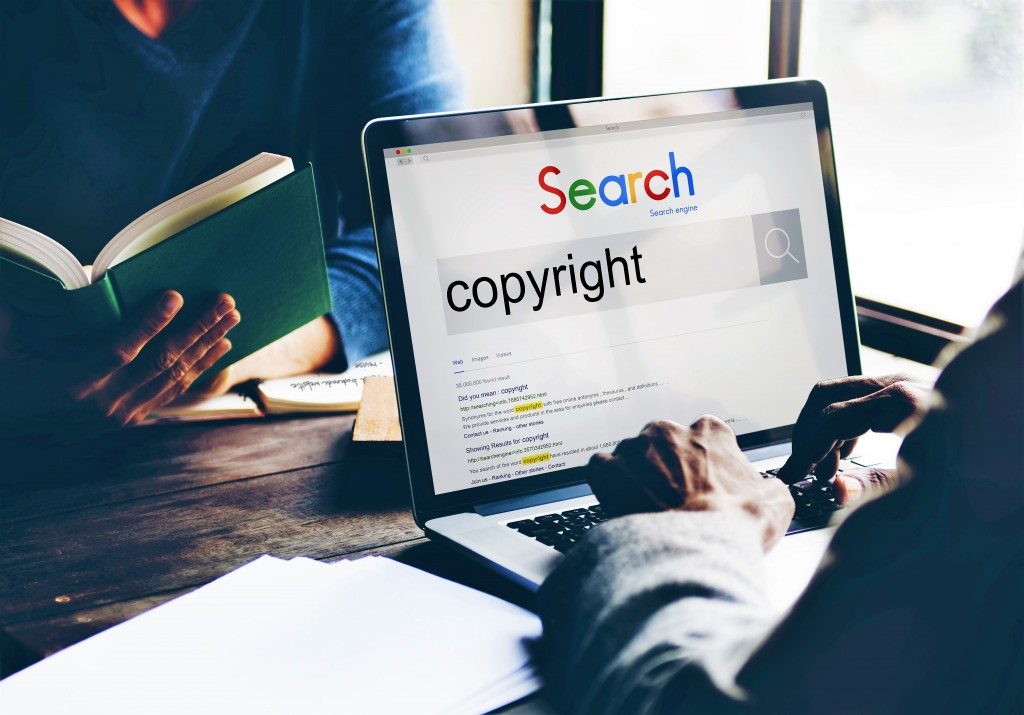
Published 08 October 2018, The Daily Tribune
It can be argued that of all the property rights afforded to us by existing laws, rules, and treaties entered into by the Philippines, copyright as an intangible property right is still one of the most difficult, if not the most impossible, intellectual property rights to enforce and protect considering the rapid progress of modern technology. Several years ago, access to pirated music and movies was largely made available through compact discs (“CDs”) and digital versatile discs (“DVDs”) of poor quality usually sold through various channels. These days, copyright piracy has been made easier as one simply needs a laptop/tablet/phone and a reliable internet connection to access countless songs, movies, series, games, and other literary and artistic works supposedly enjoying copyright protection.
According to the Report on the Protection and Enforcement of Intellectual Property Rights in Third [world] Countries (dated as of 21 February 2018) prepared by the European Commission, Philippines is still one of the countries with large and serious counterfeiting and piracy problems, particularly in the digital environment and on copyright related matters.
To address these concerns, steps have been taken to improve and strengthen intellectual property rights enforcement in the country, such as amendments to the Intellectual Property Code of the Philippines (the “Intellectual Property Code”) (R. A. No. 8293, as amended by R. A. No. 10372). However, to ensure that these efforts will not be put to naught, the first step to be taken is nationwide awareness of the rights granted in favour of intellectual property rights owners, most especially authors, artists, writers, musicians, and other copyright owners.
Under the law, copyright is the legal protection extended to the owner of the rights in an original work–which refers to every production in the literary and artistic domain that includes books and other writings, musical works, films, paintings, computer programs and other literary, artistic, scientific and scholarly works. It must be stressed that copyright attaches to the works by the sole fact of their creation, notwithstanding the absence of registration, unlike trademarks and patents, which require registration before they can be protected under the law and before any actions for infringement can be filed in courts. Pursuant to Section 193 of the Intellectual Property Code, as amended, upon creation of the works covered by copyright protection, the owner or author of the said works are instantly afforded two (2) types of rights: (a) economic rights, which include the owner’s right to remuneration for the reproduction, use, distribution, public display, rental and any form of communication of his work; and (b) moral rights, which include the right of attribution, alteration, integrity of work, withholding of publication and the right to restrain the use of his name for a work not his. In addition to this, the law also recognizes the “related rights” or “neighboring rights” of performers, producers of sound recording, and broadcasting organizations as regards the communication of their performances, sound recordings and broadcasts to the public.
By way of limitation and in order to balance the rights of man as a consumer as opposed to man’s property rights, Section 184.2 of the Intellectual Property Code, as amended, has identified acts which shall not constitute copyright infringement and shall instead be categorized as allowable use of the copyrighted works provided that (a) such manner of use shall not conflict with the normal utilization or exploitation of the work; and (b) shall not unreasonably prejudice the right holder’s legitimate interests. Among others, the most common limitation on copyright is the concept of “fair use” as provided under Section 185.1 of the Intellectual Property Code, as amended, which includes the use of a copyrighted work for criticism, comment, news reporting, teaching, including limited number of copies for classroom use, scholarship, research, and similar purposes. For purposes of determining whether the use of a work can be considered fair, hence, non-infringing, the following shall be considered: (a) the purpose and character of the use, including whether such use is of a commercial nature or is for non-profit educational purposes; (b) the nature of the copyrighted work; (c) the amount and substantiality of the portion used in relation to the copyrighted work as a whole; and (d) the effect of the use upon the potential market for or value of the copyrighted work. One should bear in mind that irrespective of the use of the copyrighted work, if said use will affect the potential market of the copyright holder, such use can still be categorized as an act of infringement.
With the amendments under the law, the right of the copyright holder to be attributed as the author of his work last in perpetuity after his death, while the right to alter, to object to any distortion or modification and to restrain the use of his name with respect to any work not of his own creation or in a distorted version of his work shall now be coterminous with his economic rights—which shall exist during the life of the author and for fifty (50) years after his death.
To motivate copyright holders to enforce their rights and to somehow deter piracy, in addition to award of actual and moral damages, injunction and destruction and/or confiscation of infringing materials, the law also imposes imprisonment for a minimum period of one (1) year to a maximum period of nine (9) years to any person proved guilty of any act of infringement.
Admittedly, copyright enforcement is easier said than done. As advocated, the first step is establishing nationwide awareness through a conscious widespread information dissemination about the rights of the creator of the copyrightable works and the consequences in case of infringment. Knowledge, coupled with the realization that it is simply not right to appropriate and benefit from the copyrighted work of another except in the cases allowed by law, may just be the key to minimizing if not eliminating copyright infringement.
For comments and questions, please send email to cabdo@divinalaw.com

